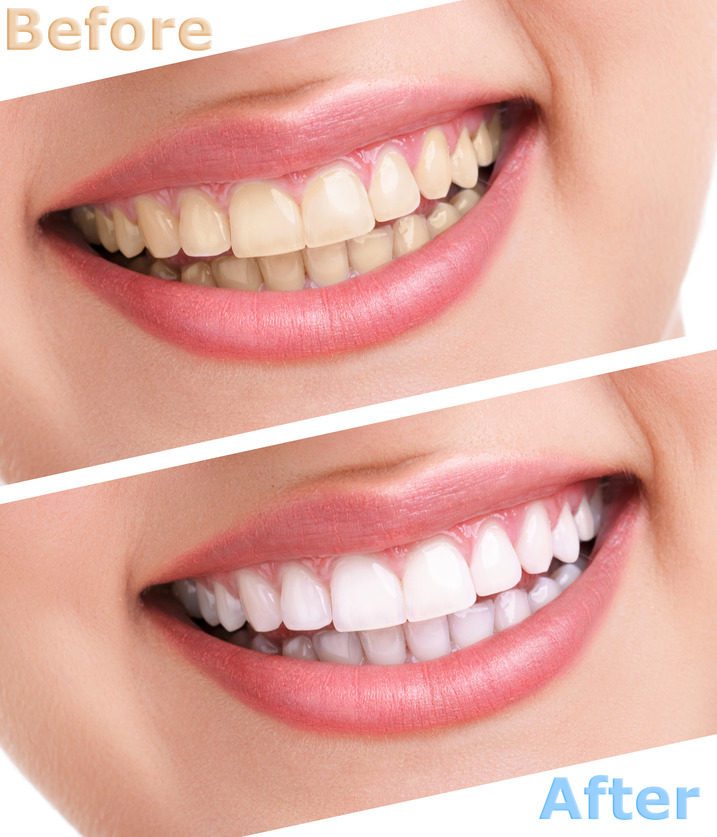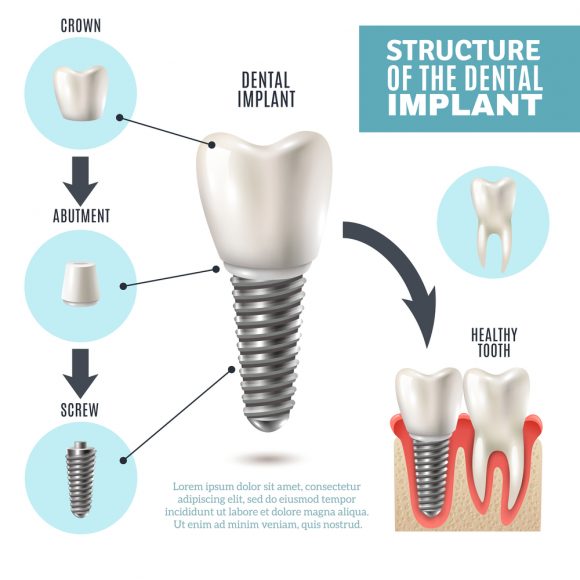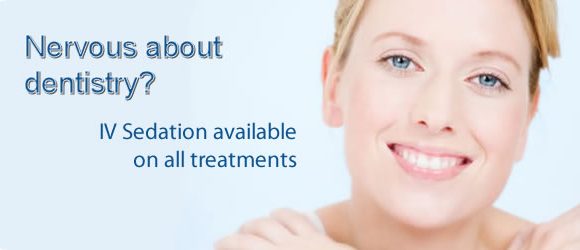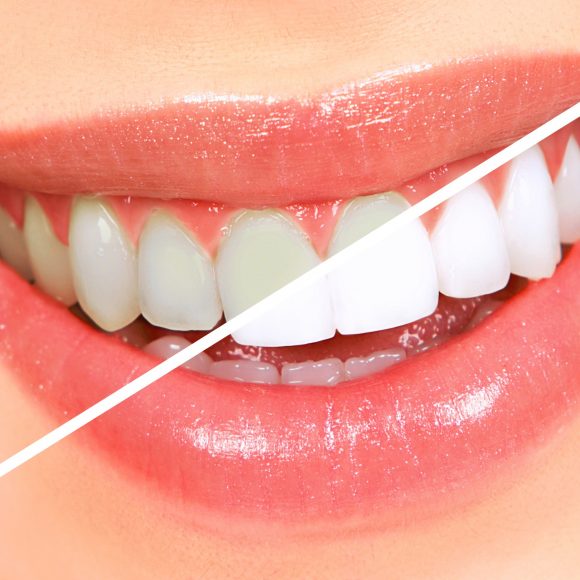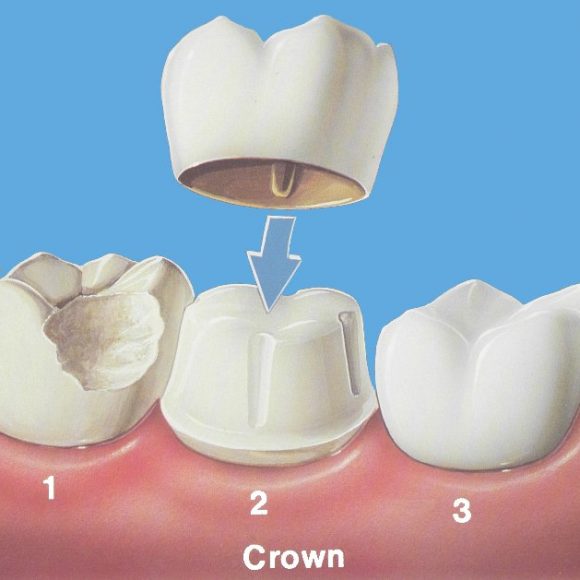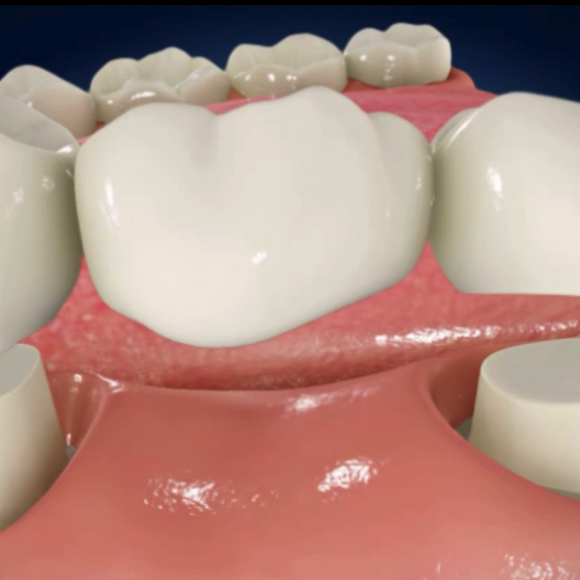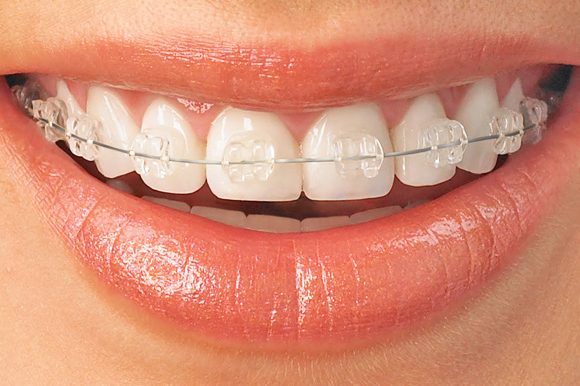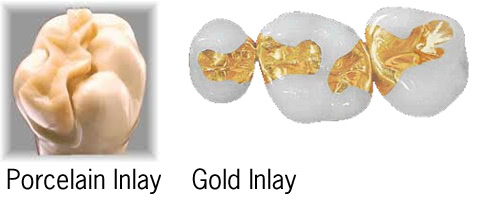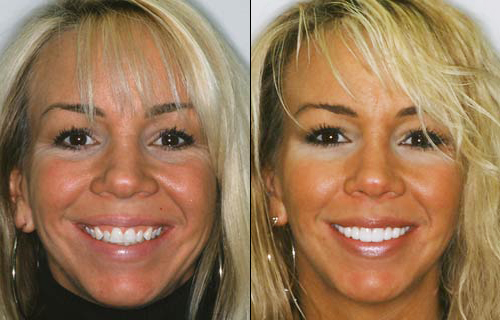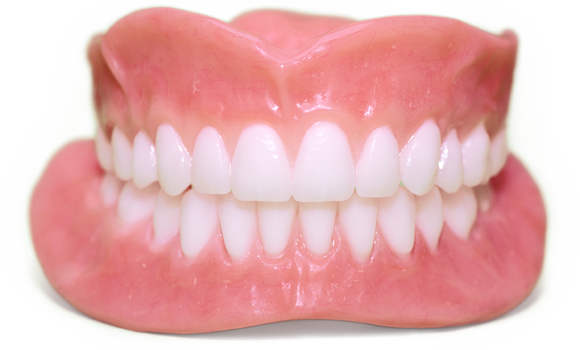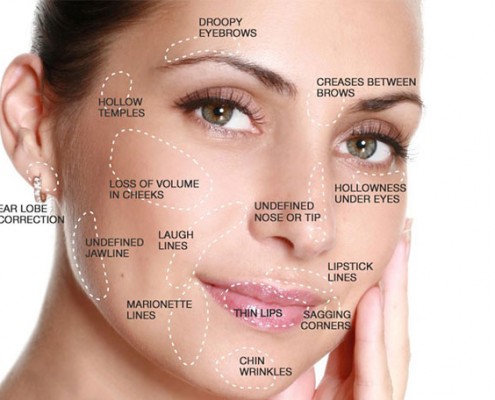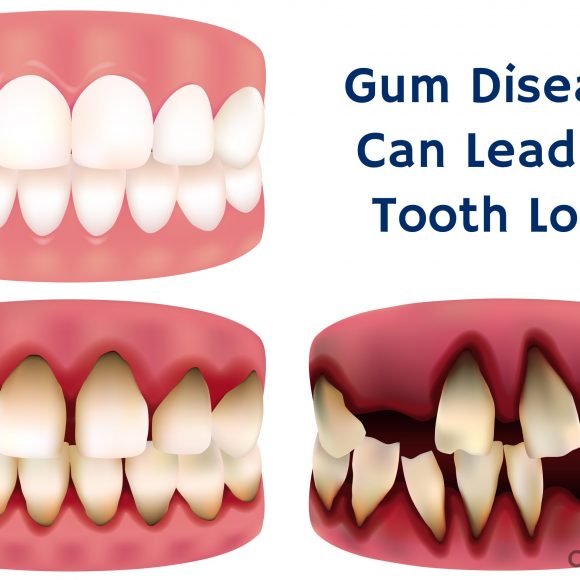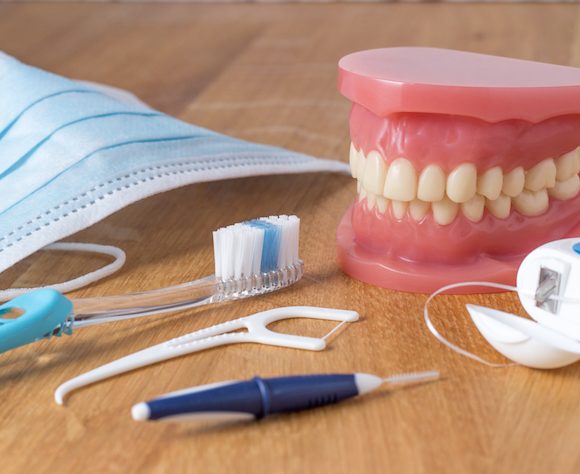Our Services
Teeth Whitening – A Popular Trend
Teeth darken for several reasons, including food and drink staining, aging, fluorosis, smoking or as a result of certain dental treatments or medicines and several other reasons.
Tooth Whitening is safe and it must be done through a trained dentist to ensure teeth are healthy enough to be whitened.
How is Tooth Whitening Carried Out?
There are three ways of doing it. Each method has advantages and disadvantages. The dentist will go through the procedure in details.
- In house through using zoom activation light. This is an hour long procedure in which a lightening gel applied to your teeth and cured by special light.
- At Home bleaching, in which the dentist provide you with the right whitening together with a custom made gum shield and the patient carry out the whitening at home over six weeks’ time.
- A combination of both.
What Are the Benefits of Teeth Whitening? Brighter Teeth Younger looking More confidence smile Also conservative to tooth tissue when compared with veneers and crowns. To help you make an educated decision regarding teeth whitening, here are some of the pros and cons of this procedure:
HYGIENESTS AND THEIR ROLES IN MAINTAINING GUM HEALTH
What is a Hygienist?
Dental hygienists are dental care professionals who are uniquely prepared to watch out for signs of gum disease and manage these ailments with the dental specialist. Hygienest are trained to provide oral health education, dietary advice, apply fluoride coatings to teeth, deep scaling of roots and taking x-rays and many others.
Why Seeing a Hygienist is Significant
Gum disease will get worse if it is not treated. Because it is painless, it can become very bad without noticing. When there is not enough supporting bone left, teeth become loose and eventually have to be taken out. Root planning can stop gum disease becoming worse and prevent tooth loss.
Like scaling and polishing, root planning helps you to keep your teeth and gums clean at home. Dentists and hygienists cannot keep your mouth healthy by themselves. Your own cleaning is just as important.
PREVENTION PROTOCOL
For healthy gums and teeth, we strongly advocate a prevention program in the first place. Simple prevention measures consist of:
- Brush teeth twice daily with fluoride tooth paste 2 minutes each time with medium strength brush.
- Limit processed sugary food and sweets to meal times or brush your teeth after eating sweets.
- Refrain from smoking.
- Floss between teeth.
- Limit alcohol consumption and eat more fruits and vegetables for the health of soft tissue.
- Visit a dentist and a hygienist regularly to get them cleaned professionally and apply fluoride varnish.
- Chewing sugar free chewing-gum neutralize the acids in the sweets and help to flush around teeth and thus reduce caries risk.
Request a Consultation
WHAT CAN MY DENTIST DO?
Make sure, before you see your dentist, that you have not done anything to hide the normal smell of your breath. Do not smoke, chew gum or use a mouth rinse, and avoid any sort of perfume. This will make it easier for your dentist to tell where any problem is coming from.
Your dentist might use a plastic spoon to gently scrape the back of your tongue and test the smell. There are also instruments that measure sulphur compounds in the mouth or swelling around the gums.
Good oral hygiene will usually be the answer to the bad breath problem. A scale and polish from your dentist or hygienist makes it easier for you to keep your mouth clean at home.
WHAT CAN I DO MYSELF?
- Brush your teeth thoroughly twice a day with fluoride toothpaste.
- Use floss or other hygiene aids, such as mouthwash, if your dentist or hygienist recommends them.
- Gently brush your tongue if it is heavily coated.
You can check bad breath by smelling the floss after you have used it. If there is a smell in a particular part of the mouth, clean that area with special care.
A mouth will smell less if it is moist. Chewing sugar-free gum can help with bad breath by increasing the flow of saliva. You might have a dry mouth because you breathe with your mouth open or because you are taking certain medicines. Your mouth gets dryer as you get older too.
If you smoke, try to give up. You should do this not just to make your breath smell better but to keep your mouth and gums healthy and to protect your general health as well.

